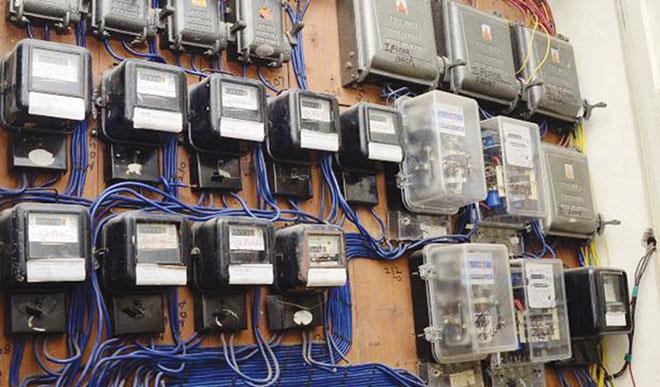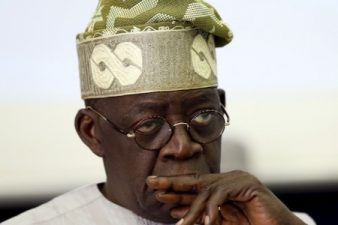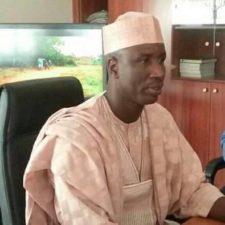*States now have autonomy to generate own power
*Declares generated energy now stands at 6,863mw
*As NERC launches muni-grid policy for unserved, underserved communities
The Federal Government has approved N39 billion loan to Electricity Distribution Companies (DISCOs) for the supply of meters, Babatunde Fashola (SAN), Minister of Power, Works and Housing, has disclosed.
Fashola made the disclosure on Monday, August 14, in Kano at the 18th Monthly Power Sector Stakeholders Meeting hosted by Kano Electricity Distribution Company, KEDCO.
He said the gesture was part of power sector recovery programme of the government aimed at ensuring uninterrupted power generation and distribution.
He added that it was also aimed at ensuring that every consumer of electricity is provided with a meter.
“It is also aimed at ending the series of complaints by consumers who applied for meter but were not supplied at the appropriate time,’’ he said.
The minister explained that the successful implementation of the power sector recovery programme would assist in resolving the conflict between distributors and consumers over tariff collection.
Fashola said power generation improved tremendously in 2017 to 6, 863 megawatts compared to 2016.
According to him, the continuous attacks on pipelines in 2015 had led to poor generation but this reduced in 2017.
“From a generation of about 2690MWs in May 2016, we have grown to 6863MWs in generation and transmission has increased from 5000MWs to 6700MWs.”
He quickly pointed out that: “Although this does not mean that we have enough gas for all our power plants, we are at least getting closer to where we were in February 2016, when we first crossed the 5000MWs line which was mainly fired then by gas plants before the attacks on the pipelines started.”
He said as of August 3, the total available power which could be put on the grid was 6863MWs, while the transmission capacity had risen to 6700MWs.
He attributed the reason for the increase to government’s efforts to end rampant vandalism of gas pipelines.
“With this development, we have also noticed increase in the distribution of electricity to consumers across the country.’’
He, however, lamented the inability of distribution companies to take-on power, describing this as ‘load rejection’.
“Unfortunately we can’t put all of that power on the grid because the DisCos cannot take the power and this is what we call load rejection,” he said.
He blamed this on old assets inherited, bad debts that had continued to hamper DisCos’ access to credit, insufficient investment by DisCos, among others.
To this end, he stressed the need for joint efforts of all stateholders in the sector to improve power supply, saying: “We need every part of the value chain, from gas to generation; from transmission to distribution to operate efficiently.”
Speaking further, Fashola said the Federal Government had given state governments autonomy to produce their own power in order to ensure improved power supply in the country.
He noted that it was so because there is nothing in the Electricity Power Sector Reforms Act (EPSRA) which deters states from generating their own power.
Mr Babatunde Fashola, said interested states must obtain the necessary permit and licenses from the Nigerian Electricity Regulatory Commission (NERC) depending on the areas it wants to invest in.
In his remarks, Raul Zing, the chief operating officer of the KEDCO, said the company had spent more than N200 million for the construction of power sub-station at Dakata, in Nasarawa Local Government Area.
He said the sub-station, which was commissioned by the minister, would create 100 small scale industries and supply electricity to over 10,000 houses in the area.
In another development, the NERC also launched the mini-grid regulations designed to serve unserved and under-served communities in terms of availability of power.
Presenting the regulations at the event, the NERC’s Vice Chairman, Sanusi Garba, said this would cover customers in communites who were not captured in the five-year development plan of the DisCos.
He said: “The NERC took the initiative of developing a regulation to remove some of the impediments that have sold private investments in rural electrification and the regulations provide for cost reflective tarrifs for investors and on the existing tariff methodology.
“The regulation also provides for strategies for investors in mini-grids. It is expected that investors in mini-grid will comply with our technical standards. The communities that are expected to benefit are those who are not captured in the five-year development plan of the DisCos.”




